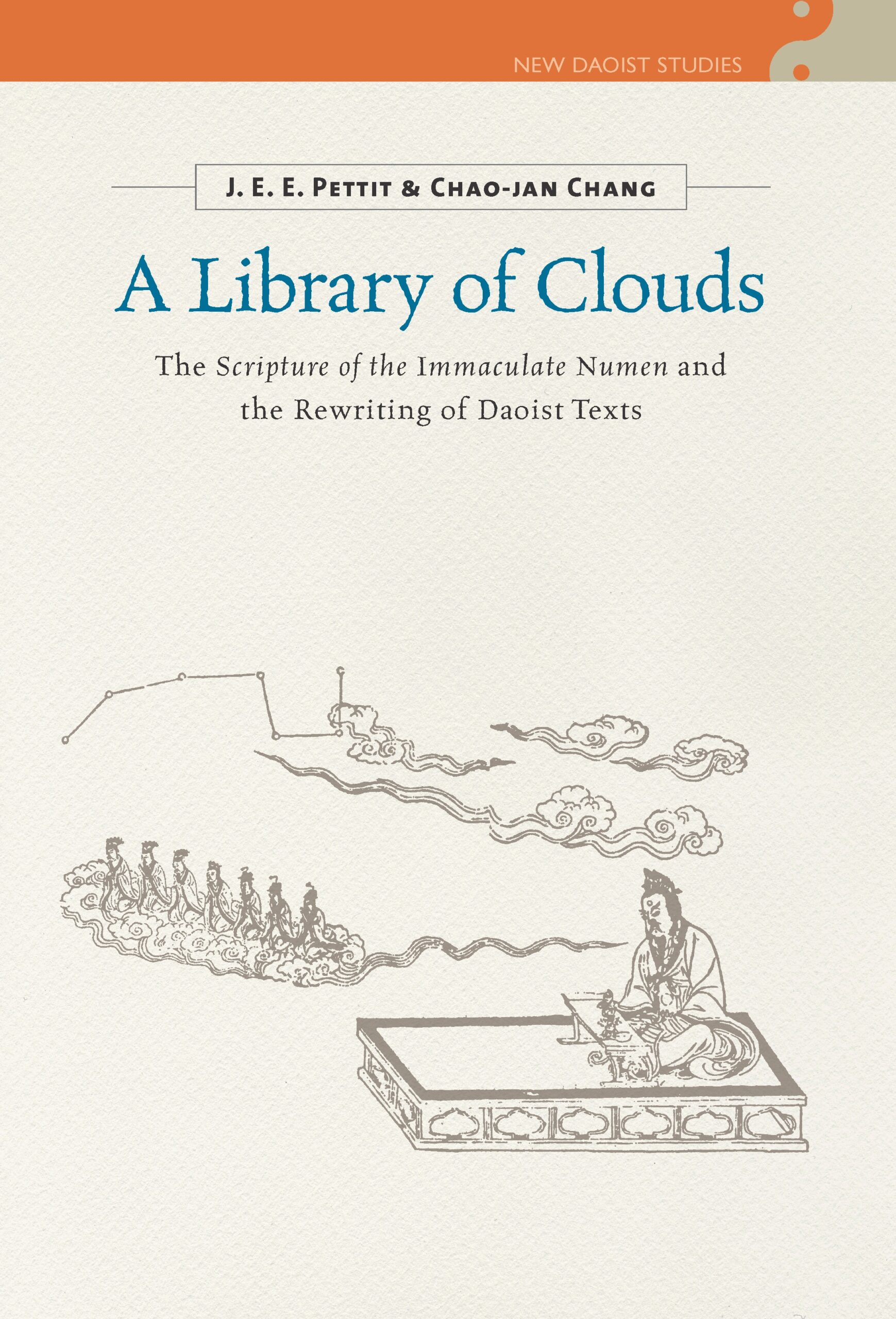A Library of Clouds: The Scripture of the Immaculate Numen and the Rewriting of Daoist Texts
- About the Book
-
From early times, Daoist writers claimed to receive scriptures via revelation from heavenly beings. In numerous cases, these writings were composed over the course of many nights and by different mediums. New revelations were often hastily appended, and the resulting unevenness gave rise to the impression that Daoist texts often appear slapdash and contain contradictions. A Library of Clouds focuses on the re-writing of Daoist scriptures in the Upper Clarity (Shangqing) lineage in fourth- and fifth-century China. Scholarship on Upper Clarity Daoism has been dominated by attempts to uncover “original” or “authentic” texts, which has resulted in the neglect of later scriptures—including the work fully translated and annotated here, the Scripture of the Immaculate Numen, one of the Three Wonders (sanqi) and among the most prized Daoist texts in medieval China. The scripture’s lack of a coherent structure and its different authorial voices have led many to see it not as a unified work but the creation of different editors who shaped and reshaped it over time.
A Library of Clouds constructs new ways of understanding the complex authorship of texts like the Scripture of the Immaculate Numen and their place in early medieval Daoism. It stresses their significance in understanding the ways in which manuscripts were written, received, and distributed in early medieval China. By situating the scripture within its immediate hagiographic and ritual contexts, it suggests that this kind of revelatory literature is best understood as a pastiche of ideas, a process of weaving together previously circulating notions and beliefs into a new scriptural fabric.
- About the Author(s)
-
J. E. E. Pettit, Author
J. E. E. Pettit is associate professor of Chinese religions at the University of Hawai‘i at Mānoa.Chao-jan Chang, Author
Chao-jan Chang is associate professor in the Department of Religious Studies at Fu Jen University in Taipei, Taiwan.Lai Chi Tim, Series Editor
Stephen Bokenkamp, Series Editor
- Reviews and Endorsements
-
- This is a very interesting study and translation of a key Shangqing text. Innovative and important, the work sheds new light on the processes of redaction and composition in medieval Daoism. The basic methodology followed by the authors is textual analysis, inspired to some extent by source criticism developed in Biblical studies. A valuable contribution.
—Mark Meulenbeld, Hong Kong Polytechnic University - This is the first monograph devoted to the Scripture of the Immaculate Numen, an important text in the medieval Daoist Shangqing corpus. With exceptional dexterity, the authors examine the processes by which this scripture was compiled from earlier Upper Clarity texts, providing us with insights into the origins, redaction, reception, and transmission of Daoist texts. Using inventive methodological approaches and reading strategies, they highlight the complex links between manuscript culture, textual practices, and ritual processes in early medieval China. The book includes a full, annotated translation of the scripture alongside meticulous textual analysis, so it will be useful as a primary source for students as well as specialists seeking new insights into medieval Daoism.
—Gil Raz, Dartmouth College
- This is a very interesting study and translation of a key Shangqing text. Innovative and important, the work sheds new light on the processes of redaction and composition in medieval Daoism. The basic methodology followed by the authors is textual analysis, inspired to some extent by source criticism developed in Biblical studies. A valuable contribution.
- Supporting Resources
-





